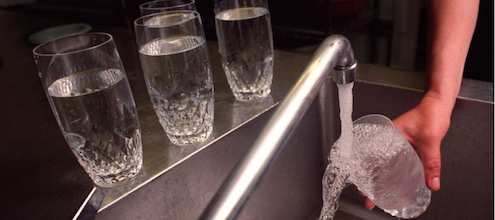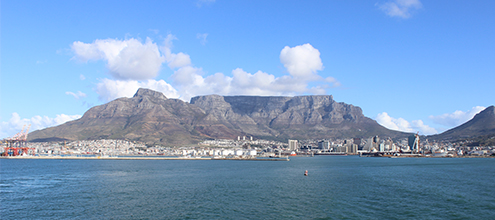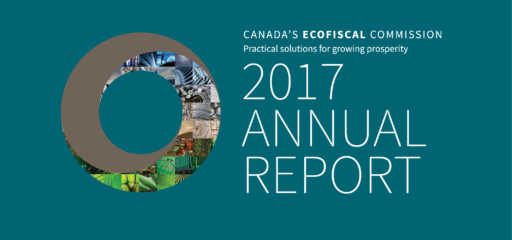
User fees for water and wastewater encourage wise behaviour
Canadians are a water-loving people and are very proud of our freshwater resources. Canadians also benefit from world-class municipal water and wastewater services. These systems deliver clean drinking water to our taps and treat the wastewater that goes down our toilets and drains, and they are directly connected to the lakes, rivers and streams we hold dear.
As we mark World Water Day March 22, it’s worth reflecting on the fact that despite our love of water, Canadians are not always the best stewards of these critical resources. Canadians are among the heaviest water users in the world; and Quebecers are among the heaviest users in the country. Our infrastructure is aging and investment has lagged, creating sizable infrastructure gaps in communities across Canada. In Montreal, for example, the infrastructure gap is an estimated $3.5 billion. And while the city has made significant investments to close this gap, it still loses about 30 per cent of its treated drinking water due to old, leaky pipes. Finally, wastewater remains a big source of water pollution, particularly in Quebec and the Atlantic region, where much goes untreated.
We often don’t think about municipal user fees as a solution to these challenges. Yet they are one of the best tools in our toolkit.
User fees for water and wastewater help drive better environmental and economic outcomes, especially when the price we pay reflects the true cost of the service and the amount we use. They encourage us to use water more wisely, which eases stress on local ecosystems and helps make our natural water supplies more resilient. In the long run, water conservation can save utilities (and taxpayers) money by treating and pumping less water through the system. In the Chaudière-Appalaches region, for example, conservation measures enabled the town of Adstock to avoid building a new well and treatment facility, saving about $1 million.
User fees are also a source of stable, predictable revenues for water utilities. By law, revenues must go back into funding the service. This ensures that utilities have adequate funding for infrastructure maintenance and upgrades, critical for maintaining safe and reliable drinking water and keeping our lakes and rivers clean. Over time, revenues from user fees can help close funding gaps, ensuring that future generations do not inherit problems that we’ve created.
Although charging for municipal water and wastewater services in Canada is not a new idea, not all municipalities charge for water and wastewater directly. Many municipalities in Quebec — including most boroughs in Montreal — fund their water and wastewater services through property taxes. In these cases, people have no clear incentive to conserve water, because the amount they pay has no connection with the amount they use. Funding also competes with other municipal services, which can make long-term planning a headache. Finally, this approach isn’t as fair: those who use more water don’t pay more.
Well-designed user fees are critical to ensuring that our municipal water and wastewater systems are financially and environmentally sustainable. They are by no means the only tool in the toolkit, but they are one of the few that can directly address the complex challenges threatening our municipal water and wastewater systems. They can also be designed to protect the most vulnerable.
World Water Day is the perfect time to consider how we can be better stewards of one of Canada’s most essential resources. It’s also an opportune time to reflect on the tremendous value that our municipal water and wastewater services provide. By getting the prices right for these services, we can ensure that we have clean drinking water and protect our freshwater sources for generations to come.
This article originally appeared in the Montreal Gazette on March 22, 2019.
Online course: Municipal market-based tools for sustainable development Sign up now for this new and unique Ecofiscal course, designed for municipal employees.




Comments are closed.